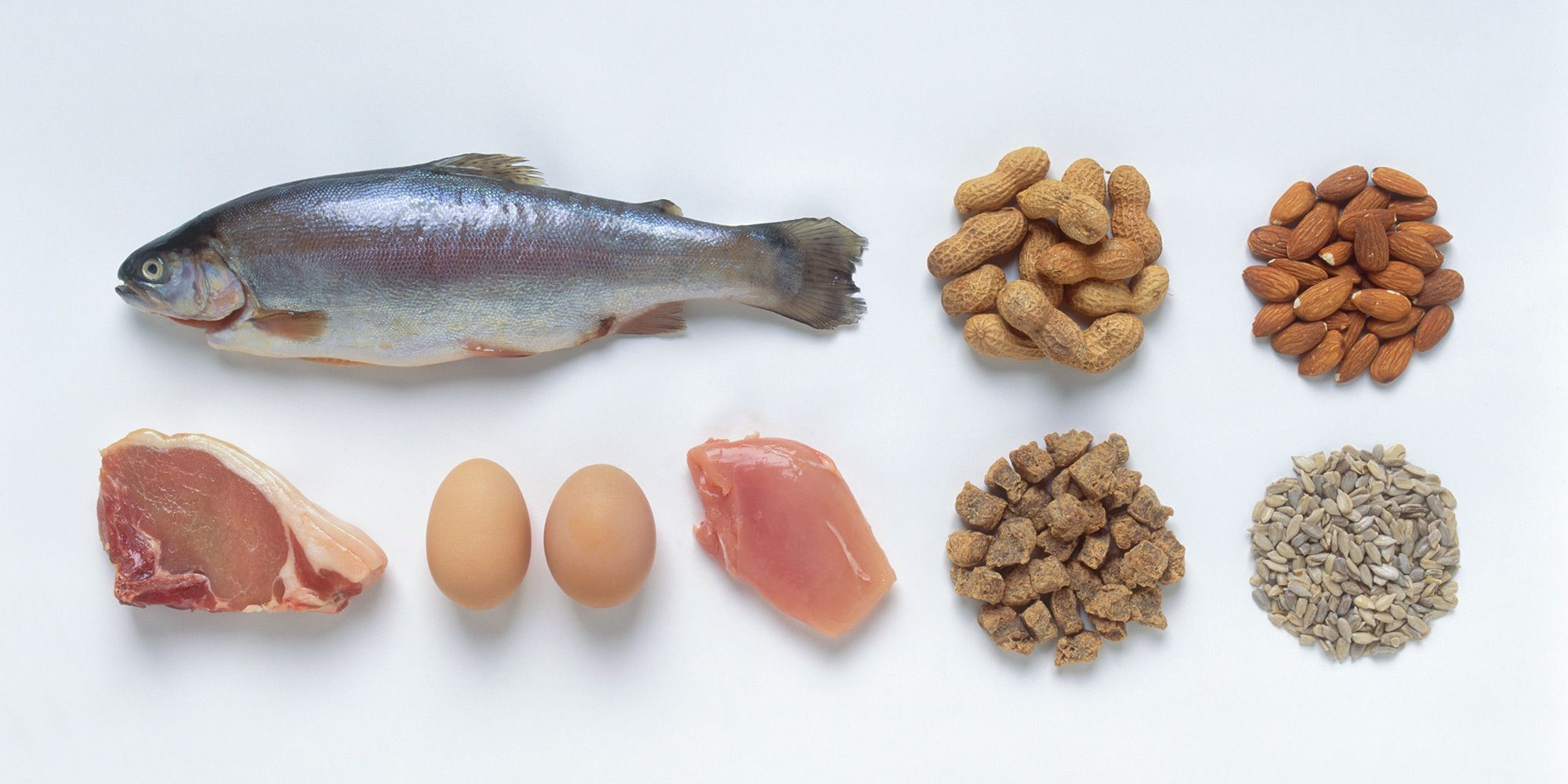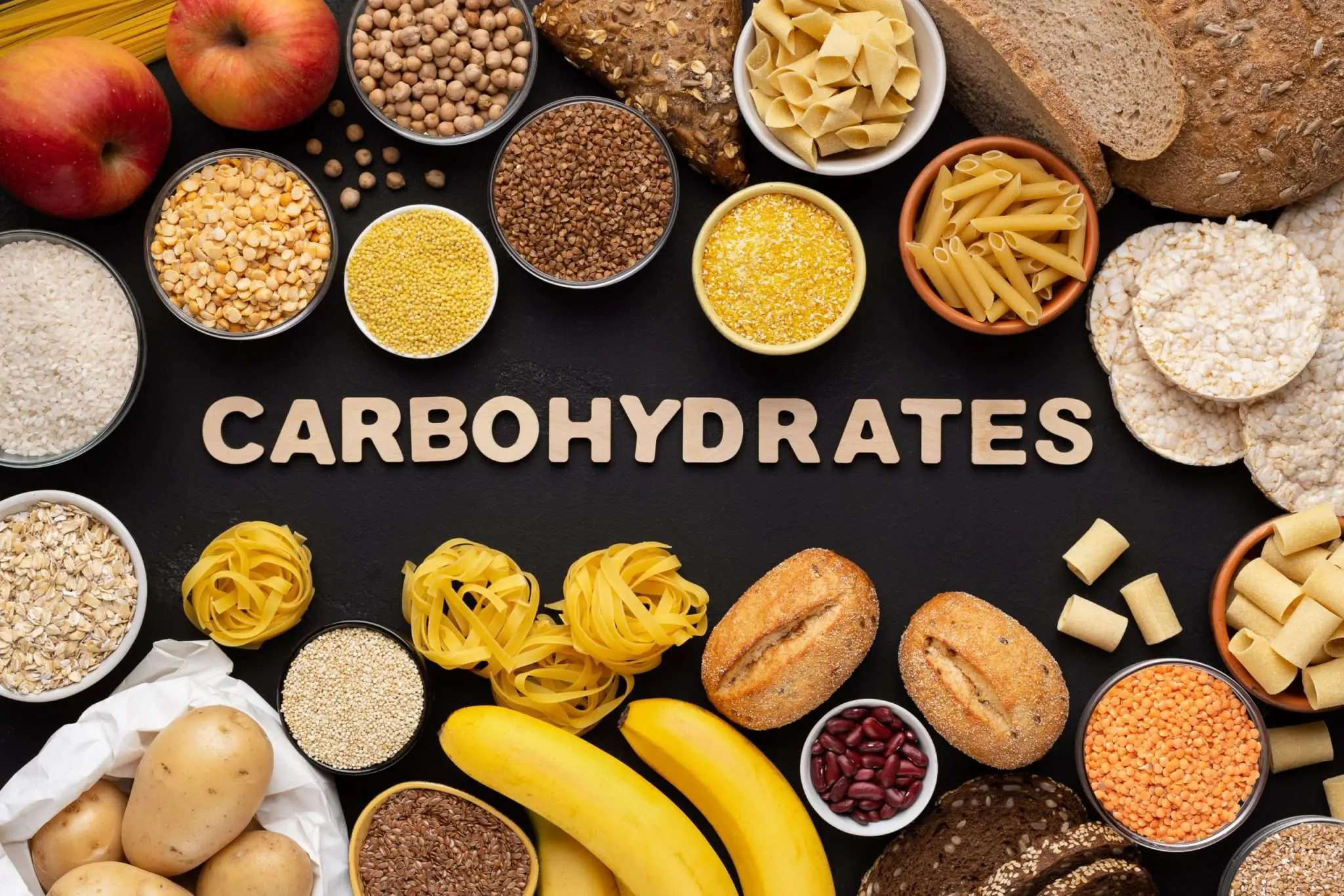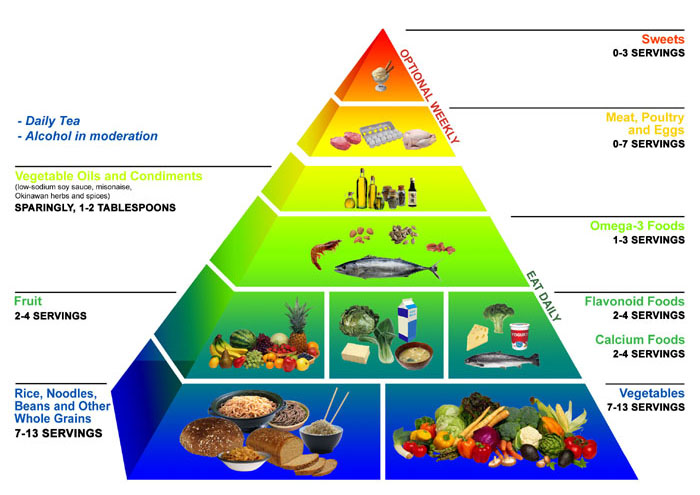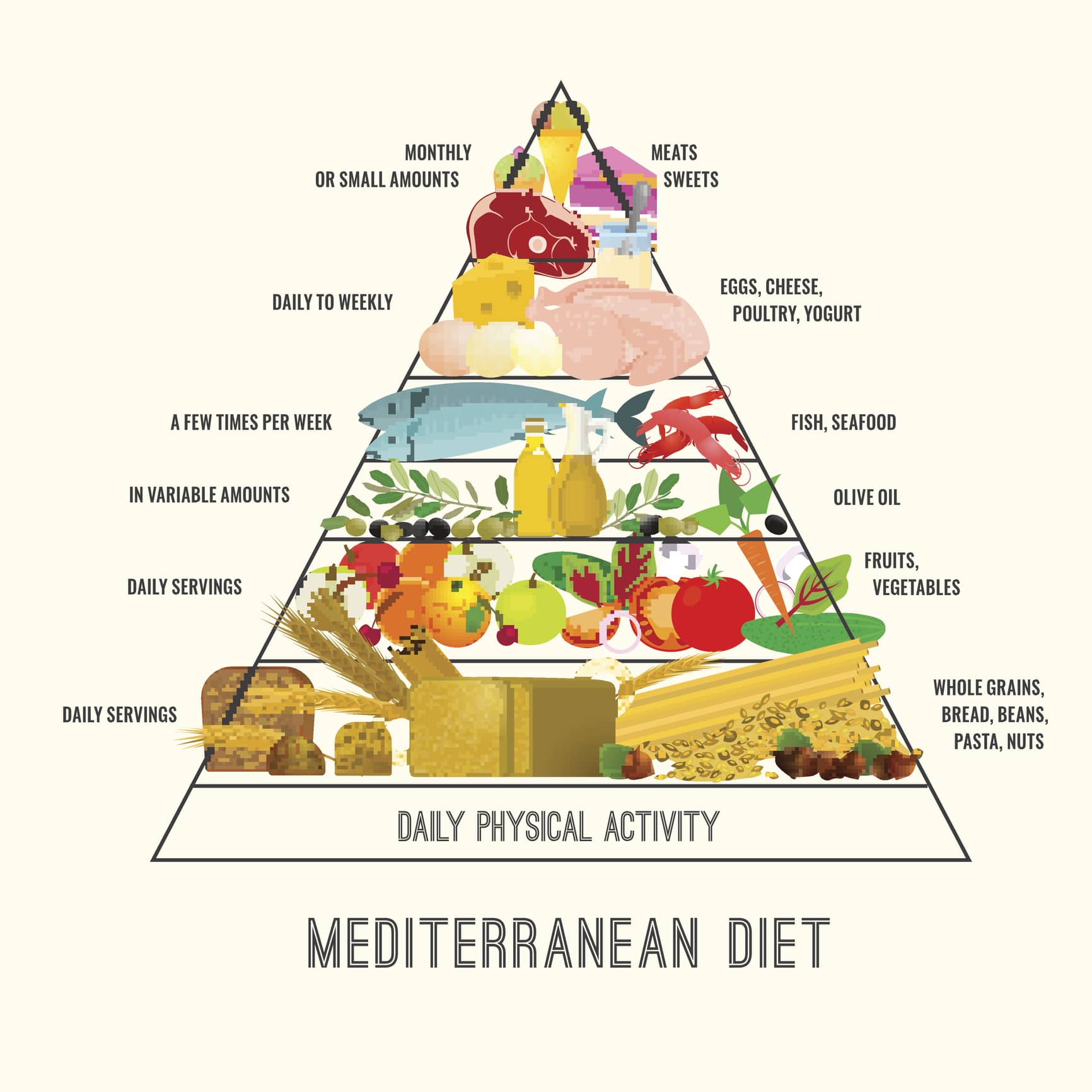Aging is a biological process measured by temporal continuity, heterogeneity on cellular, somatic and molecular level, and, the ability of being modulated. It is a process characterized by social, physical and physiology of human beings. National Policy on Older Persons stated that people aged 60 years and above are categorized as elderly but it varies globally depends on the percentage in the country. Aging process causes various physical and cognitive changes thus stresses on proper nutrition intake to achieve successful aging. Bad dietary habits among elderly will lead to various chronic diseases such as type II diabetes, atherosclerosis, coronary heart disease and malnutrition. Besides, decrease in food intake results in nutrient deficiencies and cause problems such as loss of bone density and muscle mass plus functional decline. This proves that nutrient intake in elderly plays an important role to maintain a healthy body.
Generally, energy requirement for elderly will be lower than young adults as their energy expenditure decreases due to their health condition. Elderly are advised to meet their energy requirement through a healthy diet.
IMPORTANT NUTRITIONS FOR ELDERLY
1. Protein

Protein is a macronutrient used to build up muscle, replenish body fluid and help metabolism process in the form of enzymes and hormones. Older persons are exposed to protein malnutrition and declining fat free mass thus making it compulsory for them to consume 1.2 to 2g of protein per day. Declinations of fat free mass which cause weakness in skeletal muscle commonly occur among elderly. Besides elderly, people who undergo weight training and regularly maintain their fitness are well associated to this kind of problem. Sufficient protein intake can be fulfilled by consuming milk products, egg, meat, fish and chicken as well as pulses and nuts. However, it is advisable to consume eggs, whole milk, and fatty meats sparingly as they are also rich sources of fat and cholesterol.

2. Fiber

Fiber is an indigestible carbohydrate which cannot be broken down into sugar molecules. It can help to relieve constipation and lower blood cholesterol level among elderly. Fiber slows down sugar absorption in the body and helps keep hunger at bay. It is recommended to consume approximately 25-30g of fiber daily in our diet. Elderly needs to consume fruits and vegetables in their meal in order get all the benefits from them. Green leafy vegetables are rich in iron hence favorable for elderly that suffers from anemia while yellow and orange fruits are rich in beta-carotene, an antioxidant agent that helps scavenge free radicals.
3. Carbohydrate

Carbohydrates are mostly found in starches, sugar and fibers. Carbohydrates are converted to glucose and help to generate energy to the body by supporting bodily function on daily basis. Elderly are required to consume approximately 130g of carbohydrate daily in their diet. In general, elderly suffers low sense of taste and smell and chewing difficulties thus affecting their appetite. This encourages them to choose food that is easier to digest such as carbohydrate-rich food. Carbohydrate intake in elderly should be monitored and restricted especially on sugar intake and refined cereals in diets. Unhealthy food choice can be substituted with fiber rich foods such as fruits, whole cereal, vegetables and other complex carbohydrate that digest slower thus helps in regulating blood sugar level.

4. Fat
Other than source of energy, fat helps to add palatability and is required for synthesis of fat soluble vitamins such as vitamin A, D, E and K. Fat has numerous benefits and according to World Health Organization 2022, there is no need to restrict its consumption except for people who are overweight and obese. Nevertheless, saturated fats intake should be minimized and not exceed 8% of total energy intake while recommended fat consumption is between 20-30% from daily calorie intake. Fats that are advisable to consume are particularly unsaturated fats such as omega-3 and omega-6 fatty acids that are usually found in fish, soy canola seed and oil, seaweed and green leaves. Both of these omegas help to regulate blood pressure and slow down inflammatory responses. Fats such as butter, ghee and refined oils should be taken moderately while fried foods, pastries and fatty meat should be avoided for elderly.

5. Calcium & Vitamin D
Osteoporosis and bone problems are usually associated with older people due to their lack of calcium and vitamin D intake. People aged 70 are recommended to consume at least 600 IU of vitamin D (up to 1000 IU/day) and 1200 mg of calcium per day. It can be obtained from calcium-rich food such as milk and milk products namely cottage cheese and curd, green leafy vegetables, and sesame seeds. Vitamin D is also important for elderly as it helps in calcium absorption. It is mostly found in flesh of fatty fish including salmon, tuna, and mackerel.

DIET SUGGESTIONS
1. Okinawan Diet
Okinawan diet is a diet that contains 30% of sugar and 15% of grains in dietary intake. It contains approximately 30% of green and yellow vegetables and sweet potato is used to replace rice. This kind of diet are claimed to have low level of saturated fat and glycemic index and is able to help reduce risk of cardiovascular disease, some cancers, and other chronic diseases.

2. Mediterranean Diet
Mediterranean diet is a traditional diet from Greece that focus on consumption of plant based foods such as olive oil, legumes, unrefined cereals, fruits and vegetables. Fish, seafood, dairy and poultry are included in moderate while red meat and sweets are consumed occasionally. This type of diet are more focused on olive oil as it is monounsaturated fat that can help lower total cholesterol and low density lipoprotein (LDL).

THE BOTTOM LINE
Aging individual generally experience extra health problems and tends to have high dependency to certain medication compared to others. This indirectly affects their health and nutritional intake. Majority of elderly are shown to face common disorders like osteopenia, type II diabetes, malnutrition, cognitive decline and nutritional deficiencies. Balance nutrition and adequate intake of nutrients following a health standard may help to prevent above problems in elderly. Suitable dietary plan and recommended nutritional intake should be emphasized among older people to improve their geriatric health and decrease the prevalence of chronic disease.
REFERENCES
- Kaur, D., Rasane, P., Singh, J., Kaur, S., Kumar, V., Mahato, D. K. & Kumar, S. (2019). Nutritional interventions for elderly and considerations for the development of geriatric foods. Current aging science, 12(1), 15-27.
- Masoro, E. J., & Austad, S. N. (Eds.). (2010). Handbook of the Biology of Aging. Academic press.
- Nieves, J. W. (2003). Calcium, vitamin D, and nutrition in elderly adults. Clinics in geriatric medicine, 19(2), 321-335.
- Roseland, J. M., Phillips, K. M., Patterson, K. Y., Pehrsson, P. R., & Taylor, C. L. (2018). Vitamin D in foods: An evolution of knowledge. In Vitamin D (pp. 41-77). Academic Press.
- Willcox, D. C., Willcox, B. J., Todoriki, H., & Suzuki, M. (2009). The Okinawan diet: health implications of a low-calorie, nutrient-dense, antioxidant-rich dietary pattern low in glycemic load. Journal of the American College of Nutrition, 28(sup4), 500S-516S.





